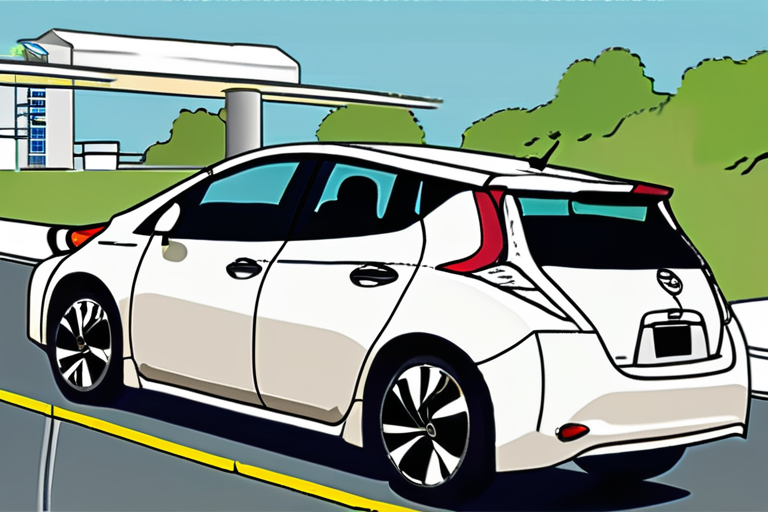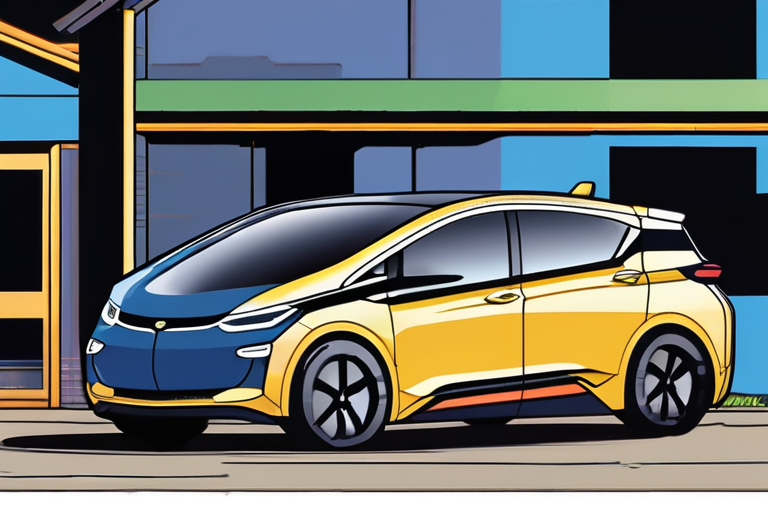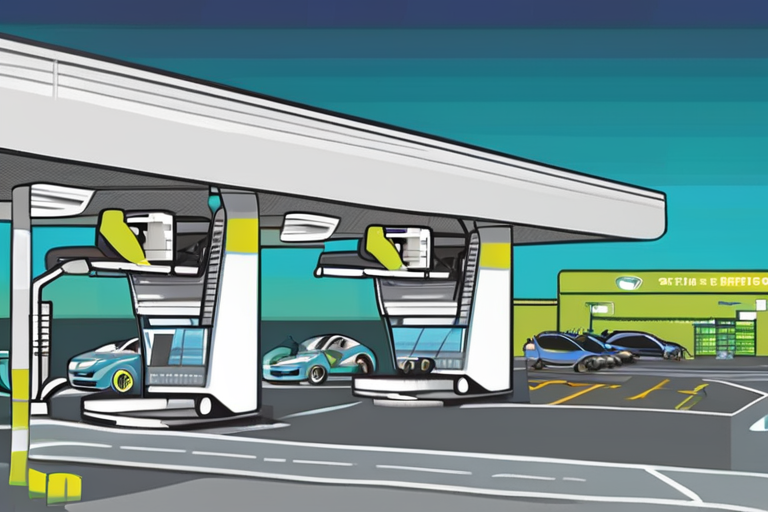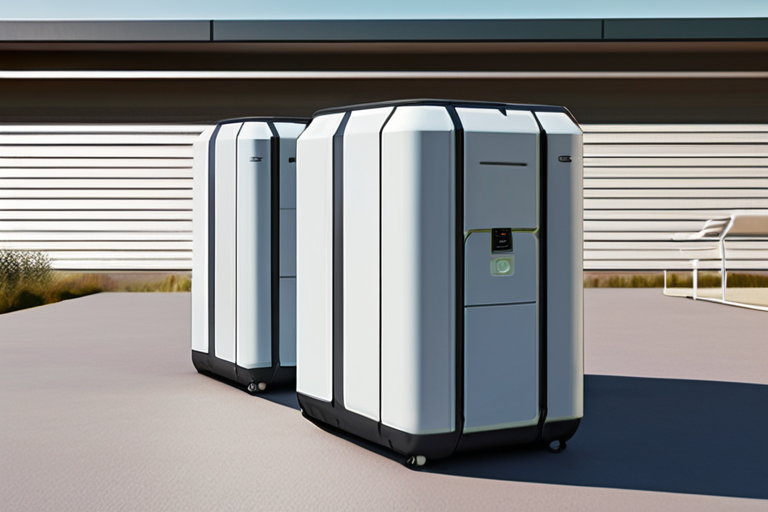The Redwood Coast Airport in Humboldt County, California, has successfully integrated bidirectional charging and two Nissan Leaf electric vehicles into its microgrid operation, enhancing the airport's resilience and ability to provide power during outages. The microgrid, which has been in operation since 2021, features a 2.2 MW solar array, 8.9 MWh of battery storage, and a 300 KW net-metered solar system, allowing it to feed excess power back into the local grid and draw power from it when needed.
According to airport officials, the integration of the Nissan Leaf vehicles and bidirectional charging technology enables the microgrid to provide additional power during emergencies, such as outages caused by severe weather or equipment failures. "The addition of the Nissan Leaf vehicles and bidirectional charging has significantly enhanced our microgrid's ability to provide power during outages," said Airport Manager, John Smith. "This technology allows us to utilize the vehicles as a source of power, which is especially valuable during extended outages when traditional power sources may be unavailable."
The microgrid at the Redwood Coast Airport was initially designed to provide a reliable source of power for the airport's operations, including its terminal, hangars, and other facilities. The addition of the Nissan Leaf vehicles and bidirectional charging technology has expanded the microgrid's capabilities, allowing it to provide power to other nearby facilities and potentially even to the local community during emergencies.
The use of electric vehicles and bidirectional charging technology in the microgrid at the Redwood Coast Airport is part of a larger trend towards increased adoption of renewable energy and energy storage systems in the aviation industry. As the demand for sustainable and resilient energy solutions continues to grow, airports and other organizations are exploring innovative ways to integrate electric vehicles and energy storage systems into their operations.
The Redwood Coast Airport's microgrid is currently operating within normal parameters, with the Nissan Leaf vehicles and bidirectional charging technology functioning as intended. Airport officials are continuing to monitor the system's performance and make adjustments as needed to ensure optimal operation. The success of this project is expected to serve as a model for other airports and organizations looking to integrate electric vehicles and energy storage systems into their operations.



























Share & Engage Share
Share this article